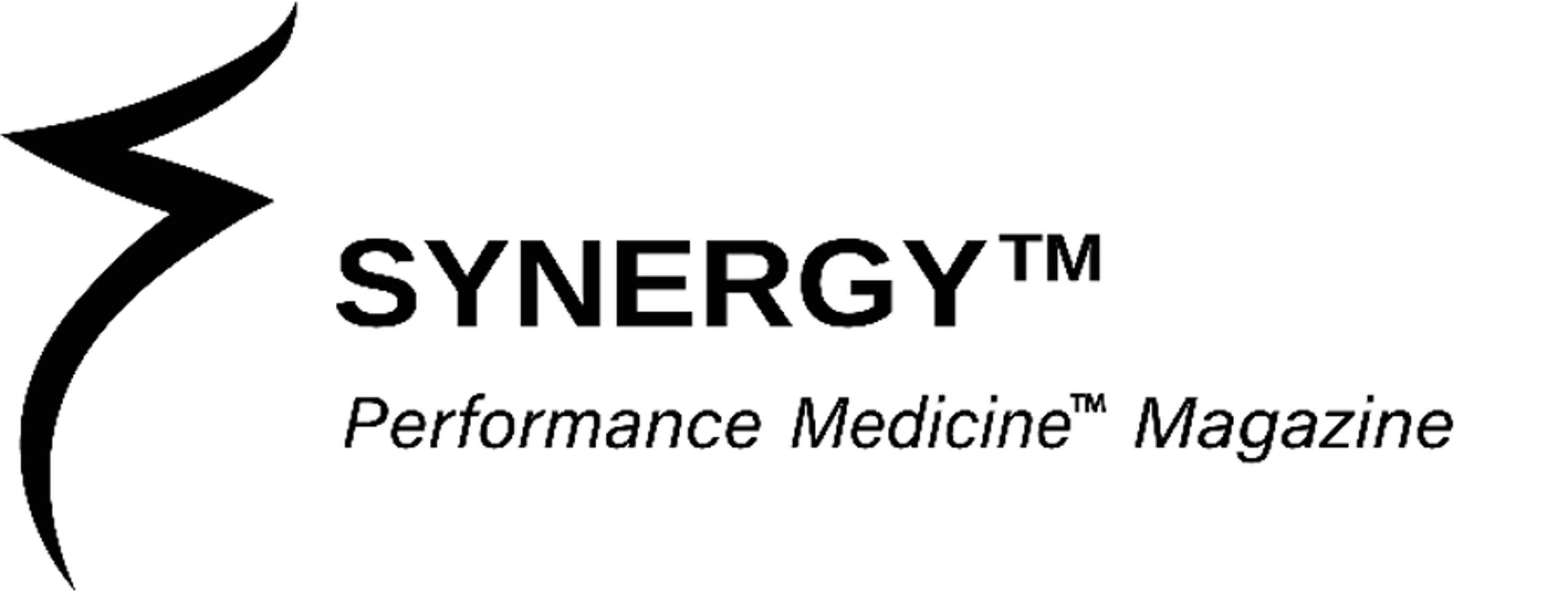
The Negative Effect of a Public Shellacking
In a distant rear mirror, I recall a business meeting where Mr. Superior yelled in front of my peers regarding the t-shirt I wore to a business meeting. To clarify, I dressed in business shoes, slacks, and a nice sports coat.
A family issue had kept me up most of the prior night (no alcohol involved), so I did not call out and not attend but still made the meeting only to face this harangue. I listened and replied, “Thank you,” and sat down.
Inside, the blood boiled, but I utilized one of the most famous business sayings of all time. Credit for such an insight goes back to the British Prime Minister, Benjamin Disraeli, (1) but my recollection comes from Edsel Ford II, who used it in public to shrug off a question about his private life:
“Never Complain, Never Explain.”

It’s funny, but in the meeting, a prime guest recognized the shirt as representing an upscale, well-known restaurant in Boston, which is quite fashionable in that town. As a principal in the group, his recognition immediately made the business at hand favorable for us.
Another personal example of a public shellacking came when a superior (in a different company) took an operations mistake I made and published an email to peers and others highlighting my failure, lamenting the many times part of the mistake had been covered and, woe is me, here we go again.
I accept the error and the blame, but wouldn’t the better route be to ask how that mistake occurred and discuss it privately? Perhaps the lamenting was a self-protection, whether true or not. Was it necessary to blame the buffoon, me, while not understating the tsunami circumstances generating the failure?
Once again, “Never complain, never explain” comes to the rescue. These few words, some say, “ . . . encapsulate a stoic approach to dealing with criticism and adversity, suggesting that one should remain silent and not offer (public) explanations or justifications for their actions.” (1)
Going around waving one’s hands and arms in frustration, solves nothing. I will privately discuss the operational multi-vortex tornado that swept my office that night with the powers-to-be. However, the public damaging email (in this business environment) already tarnishes whatever respect I carry.

“‘Never complain; never explain’ doesn’t necessarily mean not saying anything to your doubters, complainers, and critics, but limiting your response to a sharp rejoinder.” (1)
McLeod & More, in their published Noble Purpose Newsletter, reveals “Why Public Critique Harms The One Giving It.” Their solution is brilliant: “Praise in public, critique in private.” (2) Business attitudes, where public criticism by one in control strengthens that person, are an attack on your pride. Ignore the slimy parts; take the pieces to heart if that can make you better.
Up to 40 percent of employees criticized publicly may experience decreased job satisfaction and motivation, leading to higher turnover rates. Turnover costs real money. “Publicly reprimanding people doesn’t work. It doesn’t work for employees, and it’s horrible for the boss.” (2)
And never let them see you sweat.
(1) “Never Complain, Never Explain,” February 9, 2016, by Brett
and Kate McKay, in “Art of Manliness.com”
(2) Noble Purpose Newsletter, McLeod & More, by Lisa Earle
Mcleod


